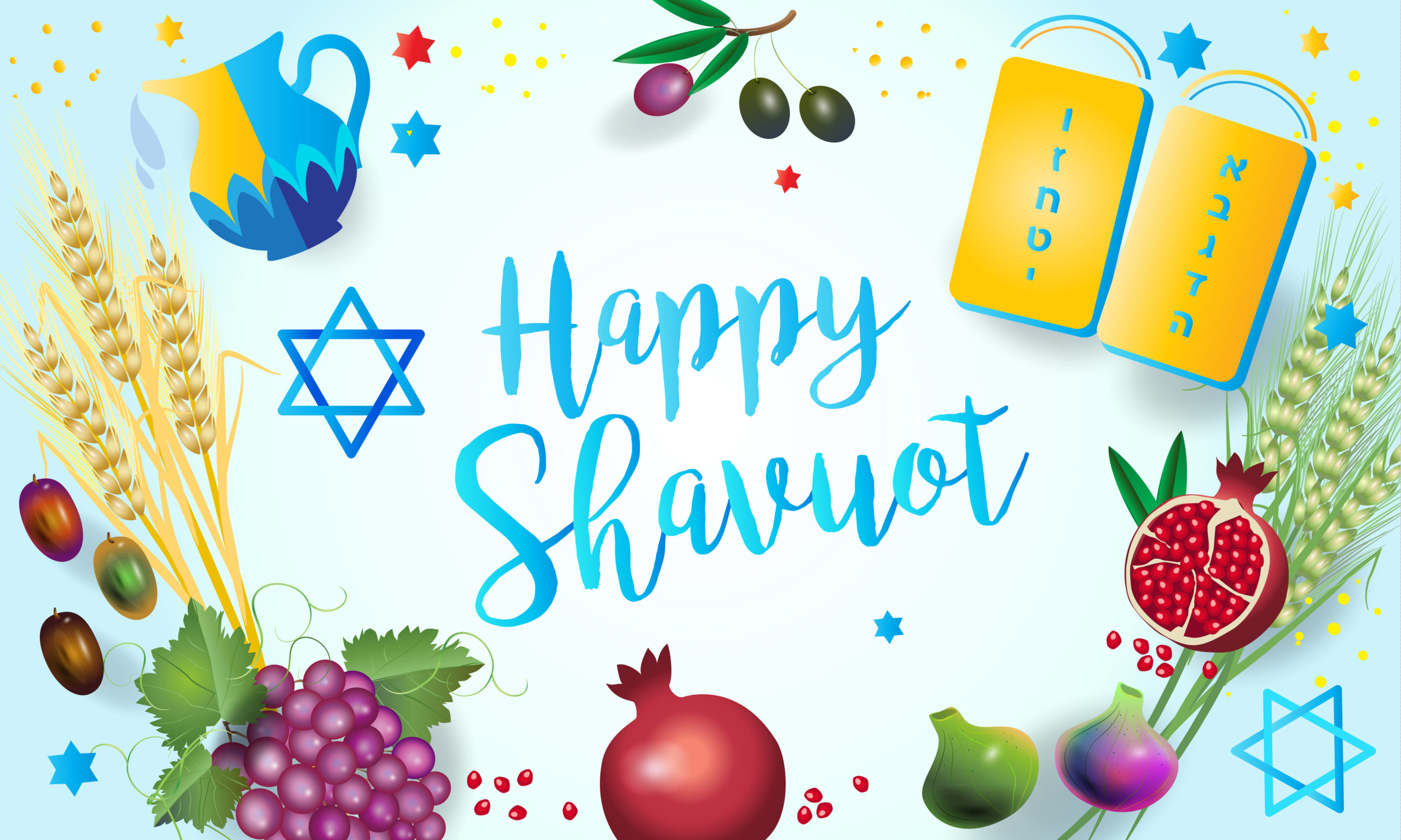
Harvesting and Spiritual Lessons in Torah
Harvesting isn’t just about gathering crops—it’s a process deeply rooted in faith and gratitude. In biblical times, harvesting was a time to give thanks for the fruits of labor, and this tradition still holds a powerful spiritual meaning today. In an agricultural context, it symbolizes the gathering of spiritual blessings—gifts from God that we, in turn, must share with others.
Shavuot: A Time of Reflection and Giving
Shavuot, also known as the Feast of Weeks, is a major Jewish festival celebrated seven weeks after Passover. Historically, it marked the end of the grain harvest, particularly the wheat harvest in Israel. Today, Shavuot is more than just a harvest festival—it’s a time of spiritual renewal, learning, and a celebration of God’s law when the Torah was given to the Israelites at Mount Sinai.
The festival is closely tied to the offering of first fruits—the “bikkurim”—at the Temple in Jerusalem. This act of giving back the first and best of the harvest exemplifies a core biblical principle: generosity and gratitude.
Biblical Commandments on Harvesting
In the Torah, God commands landowners not to harvest everything from their fields. They are instructed to leave the fallen stalks and unripe grapes for the poor and the stranger. These commandments are an example of how the Bible teaches us to care for those in need.
- “The gleanings of your harvest you shall not harvest; you shall leave them for the poor and the stranger.” — Leviticus 23:22
- “You shall not harvest the defective clusters from your vineyard.” — Leviticus 19:10
These commands illustrate God’s care for the vulnerable in society, teaching us that we must not only provide for ourselves but also for those who are less fortunate.
Obeying God’s Commandments
It’s important to recognize that God’s words are not mere suggestions—they are commandments meant for us to follow. His commandments are not just rules, but a path to righteousness and spiritual fulfillment. When we obey God’s Word, we are living in harmony with His will, aligning ourselves with His divine purpose.
If we believe in YAH and call Him our Heavenly Father, and walk in His ways and make His Holy WORD Light to our paths. We will clean ourselves and walk in righteousness. The site of the sanctuary remains sacred, even in times of exile and desolation. It doesn’t matter what you go through, you stay pure. Especially when you decided and gave your life to GOD. Though we all did sin, when we ask for forgiveness, and take baptism, we become a new creation in Him.
The Bible makes it clear that obedience to God’s commandments is essential for our spiritual growth. Jesus, as the Messiah, emphasized the importance of following God’s commands in everything we do. His teachings serve as a guide to help us live a life of love, peace, and justice.
The Sanctuary Within Us
The Bible tells us that God desires to dwell within us. When we honor God and follow His teachings, we create a sanctuary in our hearts. This was made clear when the Messiah—Jesus—walked the earth. He taught us to love others, even our enemies, and to give freely. This reflects God’s unending love and care for all of His creations, regardless of their circumstances.
In Matthew 5:45, Jesus said:
“That ye may be the children of your Father who is in Heaven. For He maketh His sun to rise on the evil and on the good, and sendeth rain on the just and on the unjust.”
Walking in Righteousness
As believers, when we accept God as our Heavenly Father and walk in His ways, we strive to live in righteousness. By embracing His Word as a light to our paths, we cleanse ourselves and grow spiritually. Even in times of exile and hardship, the sanctuary of our hearts remains sacred, for we are renewed in Christ through baptism and forgiveness.
Caring for the Poor: A Divine Characteristic
One of the divine characteristics God calls us to embody is compassion for the poor and underprivileged. The Bible is clear: we are to care for those in need. Leviticus 23:22 reminds us, “The gleanings of your harvest you shall not harvest; you shall leave them for the poor and the stranger.” This command is not just for farmers—it is for all of us. As followers of God, we are called to help the less fortunate and be a source of hope for them.
